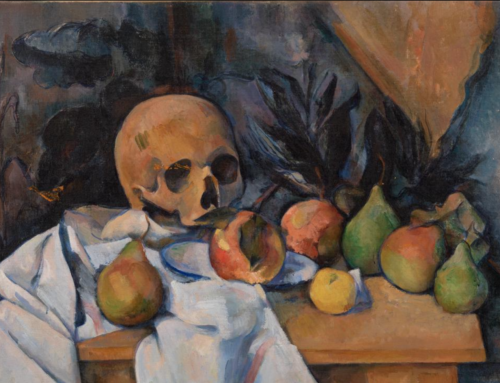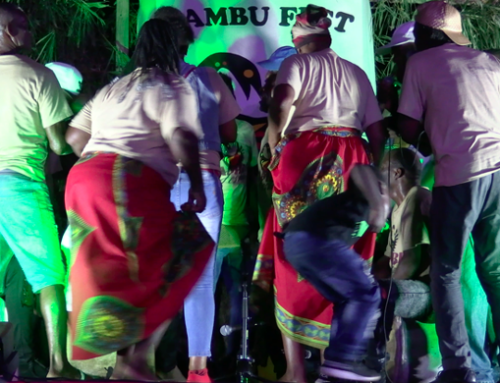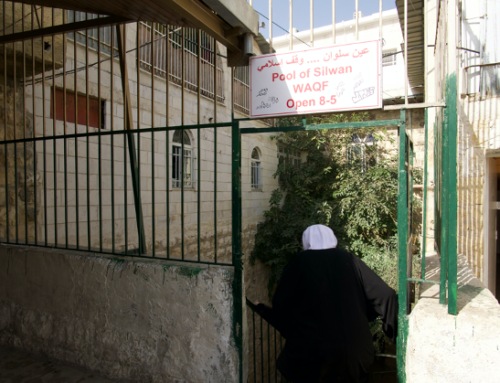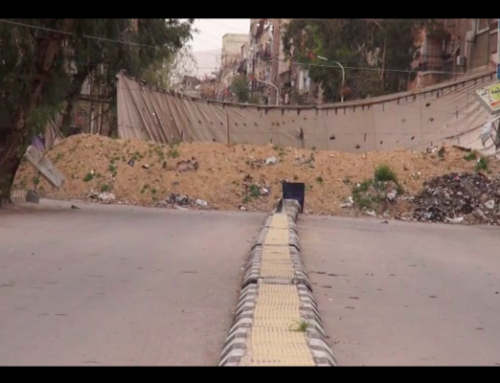In anthropology, recent debates on precarity have helped theorize a diversity of human experiences, highlighting their nuances and complexities. However, recent discussions have often tended to foreground the novelty of labour precarity (see also Kasmir 2018; Millar 2017), framing certain forms of labour uncertainty and flexibility as the result of recent political-economic transformations, announcing the demise of Fordist expectations and denouncing the destabilizing effects of neoliberal policies. Some of these debates foreground how precarious workers across different contexts experience time as “ruptured (Jeffrey 2010), stopped (Allison 2012), or at a standstill (Shoshan 2012)” (as cited in Millar 2015, 31), among other experiences associated with “post-Fordist affect” (Berlant 2007; Muehlebach et al 2012). While this framing has proved pertinent in particular contexts, informing nuanced analyses and ethnographic descriptions, the prevalent focus on recent transformations also risks obscuring the uneven distribution of experiences (and histories) of precarious work in contemporary capitalism.
Paying close ethnographic attention to “the present” and interrogating established frameworks can contribute to diversifying and enriching anthropological analyses of work and labour in global capitalism. My own ethnographic research in the textile industry of the Outer Hebrides of Scotland—a context where labour uncertainty is experienced and discussed as a familiar, long-standing reality—contributes to challenging widespread ideas about precarity’s supposed novelty in so-called Western countries (Nascimento 2023). In this essay, I draw on insights from local workers’ personal narratives and I consider how the concept of “anticipation” may contribute to reframing established debates on labour uncertainty. Doing so also provides opportunities to consider some of the “issues raised by the temporal rootedness of all ethnography” (Pina-Cabral 2000, 342), and to reflect on the complexities of working with “the present” in anthropological research.
Anticipating “peaks and slumps”
In August 2016, I moved to the Outer Hebrides to conduct thirteen months of ethnographic fieldwork. During this period, I spent time with the workers involved in the production of “Harris Tweed”—a famous woollen textile that has been trademark-protected since 1910 and covered by its own Act of Parliament since 1993. According to this legislation, a cloth can only be stamped as Harris Tweed if it “has been handwoven by the islanders at their homes in the Outer Hebrides, finished in the Outer Hebrides, and made from pure virgin wool dyed and spun in the Outer Hebrides” (Harris Tweed Act 1993, 6). The industry is composed of three main elements: the home-based self-employed weavers; the industrial mills, where the yarn is produced and where the woven cloth is later finished and stamped; and the Harris Tweed Authority, a statutory body whose inspectors supervise weavers’ working conditions, and inspect and stamp the finished tweed with the Orb trademark.
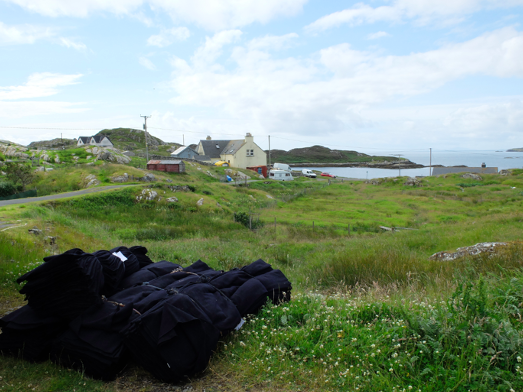
Fig. 1. Bundles of tweed in a weaver’s backyard, waiting for the ‘tweed van’ to take them to the mill. Photo © Joana Nascimento
In a region threatened by depopulation, economic fragility and labour uncertainty, the industry has long played a vital role as a local employer. Despite this extremely localized production, the cloth is exported to over 50 countries around the world, exposing islanders to the challenges and possibilities of fluctuating global markets.
As my research progressed, I realised that most workers I met were aware of the industry’s long history of “peaks and slumps,” and of its place within broader histories of socio-economic uncertainty. This awareness informed, in different ways, individual workers’ everyday experiences, and their longer-term plans and expectations. Considering how workers framed their outlooks on “the present” in relation to contextual cues highlighted the importance of examining and locating contemporary experiences of precarious work within particular histories—regional, industrial, personal and family histories.
Island resourcefulness
During fieldwork, I was often told that committing to live in the Outer Hebrides required being prepared to deal with the particular challenges of “island life” in this region—from the often inclement and changeable weather, to the frequent issues with ferries and other forms of connectivity, along with the enduring economic fragility, labour uncertainty and limited job opportunities. Local approaches and outlooks on these challenges, I soon realised, were informed by people’s knowledge of particular regional histories, and often understood as examples of island resourcefulness in action.
Considering workers’ biographies and personal narratives, I gradually learned about how they drew on shared repertoires, experimenting with approaches that have long been used locally to address these uncertainties—whether they were “locals,” “returners,” or “incomers.” Common strategies ranged from making careful career decisions, moving away to study in the Scottish mainland, and sometimes remaining away until reaching the retirement age; to embracing occupational pluralism, acquiring multiple skills and qualifications, and pursuing seasonal or temporary labour migration. Sometimes, resourceful approaches also involved drawing on existing social and kinship ties, or establishing and cultivating new ones.
These strategies were informed, in part, by people’s knowledge of local socio-economic histories and by their constant attention to emerging hints about potentially shifting circumstances. At the same time, while these strategic decisions sometimes followed personal preferences, they were also informed by family histories, and often subject to pressures from social and kinship relations.
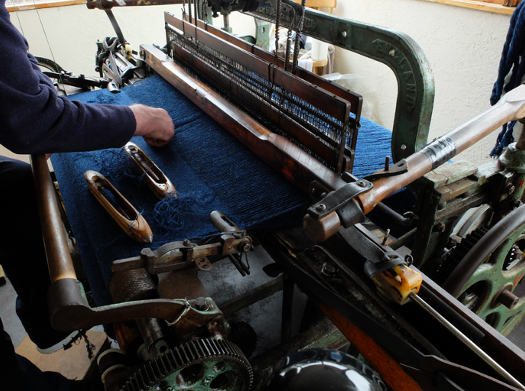
Fig. 2. Harris Tweed weaver examines broken threads following an unexpected loom malfunction. Photo © Joana Nascimento
For instance, Calum (pseudonym), a self-employed weaver in his early fifties, described how significant his childhood memories and teenage experiences had been to his decision to “finally return to weaving Harris Tweed,” after decades working in other trades. Growing up, his father taught him how to weave. Calum soon realised that he loved weaving—he could see himself doing it for the rest of his life. But his father—who, as a weaver, was familiar with the industry’s “peaks and slumps”—told him to get into another trade, something with more stable prospects. Following his father’s advice, Calum trained as a car mechanic, but still found local opportunities to be unreliable. He moved between jobs, pursued various training opportunities, and eventually decided to work offshore. When we met, Calum had only recently decided to leave his job to give weaving another try. He was working part-time as a bus driver while receiving the occasional weaving order from the mill, hoping the industry would get busier in the future and allow him to take on weaving as a full-time job.
Calum recalled growing up during a period when the industry was flourishing. He observed how its recovery from a slump had improved his family’s and their neighbours’ living conditions in significant ways. These memories shaped his optimistic outlook on what some might have considered a risky plan—leaving a relatively secure job and returning to self-employed weaving. Yet Calum also acknowledged the possibility of undesirable changes and setbacks, sobered by his knowledge (and first-hand experience) of local histories. He explained how he eventually came to understand the prospect of labour uncertainty in this region:
The way I view it is … nothing stays the same. Things are constantly changing, constantly evolving. There’s no point in you getting comfortable in something, say, “right, this is going to last for five years, or ten years” … My view on it is—it lasts the length of time it lasts. And let’s just work at it while it’s there.
This perspective was echoed by many other islanders, and revealed how local repertoires of island resourcefulness included not only practical strategies, but also particular outlooks on the constant possibility of change (Nascimento 2023).
On “anticipation”
Considering how past, present, and future intertwined in workers’ personal narratives, shaping how they navigated the predictable unpredictability of industry work and island life, I found the concept of “anticipation” to be particularly helpful. Mark Nuttall suggests that thinking about anticipation may help “shed light on how people think about the world around them, how they orient themselves toward the future, and how they create and enact change within a world that is constantly becoming and being remade” (2010, 23).
Nuttall clarifies that he is “not concerned here with an anthropology of the future,” but rather:
with the idea of anticipation as a way of orientation, exploration, and possibility—a way of imagining, framing and viewing the world. Anticipation thus differs from forecasts and scenarios in that it involves a way of finding one’s way in and around an environment and in and around one’s social and cultural worlds. Though not prediction, anticipation draws upon predictive capabilities, knowledge, experience, and skill (2010, 24).
While Nuttall’s article on anticipation suggests the concept’s contribution to climate change studies, and discusses approaches used to navigate constantly changing “natural” environments, I also found it helpful to think through outlooks and strategies that were similarly informed by previous or emerging knowledge of environmental unpredictability and change—even if of a different kind. Drawing on the concept of anticipation to examine how workers made sense of uncertain circumstances—and how they drew on resourceful local approaches to address them—highlighted the concept’s potential to illuminate how enduring labour precarity shapes orientations to “the present” in contextually-specific ways.
“What comes with the wind, will go with the rain”
During fieldwork, I found a Scottish Gaelic proverb that would come to mediate my understanding of local perspectives on uncertainty and change, suggesting a wise balance between expectation and acceptance:
An rud a thig leis a’ ghaoith, falbhaidh e leis an uisge.
What comes with the wind, will go with the rain.
Learning about local experiences and approaches to the predictable unpredictability of island life, I also realised the importance of paying attention to the ways in which people’s outlooks are themselves subject to shifts and change—encouraging reflection on methodological and epistemological implications. This became particularly striking when my interlocutors’ narratives and moods changed, moving between apparently neutral, optimistic or pessimistic outlooks, sometimes in unexpected ways. For instance, the perspectives of weavers—who are self-employed—could contrast dramatically depending on whether they were having a busy week, or whether their looms had been empty for a number of days. Drawing on their knowledge of industrial histories and perceptions of everyday rhythms, weavers reflected often on their past decisions and future options. Had it been a good idea to buy the loom when they did? Might it be time to start applying for other jobs or to consider moving elsewhere? How lucky had they been, moving from England with their young family at a time when the industry was busy! Hopefully it would continue busy for a while longer?
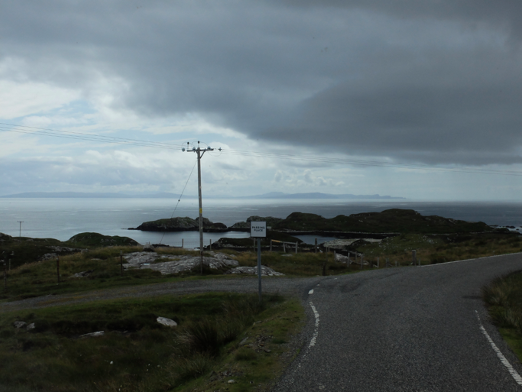
Fig. 3. View from inside the ‘tweed van’, travelling in Harris. Photo © Joana Nascimento.
These movements and fluctuations highlighted just some of the complexities of studying contemporary experiences of work and life—including diverse forms of labour precarity—and the challenges and possibilities involved in trying to understand and represent them ethnographically. Discussing the concept of “precarity,” Sharryn Kasmir suggests that anthropologists’ attention to “emotion and subjectivity” allows us to be “particularly attuned to the structures of feeling associated with precarious lifeworlds,” and to question assumptions about the regularity of everyday life (2018, 3). As anthropologists, I wondered, might we still be able to capture some of those nuances while trying to identify enduring patterns? Could ethnographic attention to “the present” inform ways of framing labour uncertainty that foreground how people reconcile shifting and enduring affects in contextually-specific ways?
Considering these questions, I kept returning to the concept of anticipation, finding it productive to think with. Mark Nuttall highlights its diverse affective implications, pointing out that “anticipation is about intentionality, action, agency, imagination, possibility, and choice; but it is also about being doubtful, unsure, uncertain, fearful, and apprehensive (2010, 23). In my research, considering how anticipation manifested itself in my interlocutors’ personal narratives and everyday conversations led me to enquire further to understand the stories and histories invoked in those discussions. Doing so highlighted the importance of locating their strategies and outlooks within specific social and cultural contexts, and reiterated the significance of exploring “a processualist notion of social life (cf. Ortner 1984) that is not only historically sensitive, but also sensitive to the more dialogical aspects of the construction of social events” (Pina-Cabral 2000, 343). At the same time, thinking about “the present” in these ways also highlighted the peculiar role played by ethnographers and anthropologists as particular kinds of chroniclers—and the importance of acknowledging and reflecting on shifts, uncertainties and constantly changing horizons of possibility in our own work.
References
Allison, Anne. 2012. “Ordinary Refugees: Social precarity and soul in 21st century Japan.” Anthropological Quarterly 85(2): 345–370.
Berlant, Lauren. 2007. “Nearly Utopian, Nearly Normal: Post-Fordist Affect in La Promesse and Rosetta.” Public Culture 19(2): 273-301.
Harris Tweed Act 1993. Available at: https://www.legislation.gov.uk/ukla/1993/11/pdfs/ukla_19930011_en.pdf (last accessed 31 March 2023).
Jeffrey, Craig. 2010. Timepass: Youth, class, and the politics of waiting in India. Stanford, CA: Stanford University Press.
Kasmir, Sharryn. 2018. “Precarity,” in F. Stein, S. Lazar, M. Candea, H. Diemberger, J. Robbins, A. Sanchez, and R. Stasch (eds), The Cambridge Encyclopedia of Anthropology, pp. 1–14 (Online: http://doi.org/10.29164/18precarity).
Millar, Kathleen M. 2015. “The Tempo of Wageless Work: E. P. Thompson’s Time-Sense at the Edges of Rio de Janeiro.” Focaal 73: 28–40.
Millar, Kathleen. 2017. “Toward a Critical Politics of Precarity.” Sociology Compass 11(6): e12483.
Muehlebach, Andrea., & Shoshan, Nitzan. 2012. “Post-Fordist Affect: Introduction.” Anthropological Quarterly 85: 317-343.
Nascimento, Joana. 2023. Working the Fabric: Resourcefulness, Belonging and Island Life in Scotland’s Harris Tweed Industry. New York and Oxford: Berghahn Books.
Nuttall, Mark. 2010. “Anticipation, Climate Change, and Movement in Greenland.” Études/Inuit/Studies 34(A): 21–37.
Ortner, Sherry. 1984. “Theory in Anthropology Since the Sixties.” Comparative Studies in Society and History 26: 126–66.
de Pina-Cabral, João. 2000. “The Ethnographic Present Revisited.” Social Anthropology 8(3): 341-348.
Shoshan, Nitzan. 2012. “Time at a Standstill: Loss, accumulation, and the past conditional in an East Berlin neighborhood.’ Ethnos: Journal of Anthropology 77(1): 24–49.
Joana Nascimento is a social anthropologist based at the University of Cambridge, where she works as a postdoctoral teaching and research associate. Her research explores the social, cultural and political-economic complexities of contemporary work and livelihood strategies. Her book, titled Working the Fabric (2023), is the first in-depth ethnographic study of Scotland’s Harris Tweed industry, contributing to anthropological debates on work and labour, cultural production, inclusive belonging and place-making in global capitalism.
Cite As: Nascimento, Joana. 2024. “Weaving the Present”, In “Back to the Present” edited by Timothy P.A. Cooper, Michael Edwards & Nikita Simpson, American Ethnologist website, January 26 2024, [https://americanethnologist.org/online-content/collections/back-to-the-present/weaving-the-present/]
